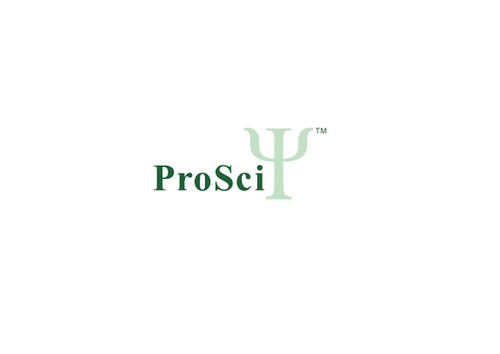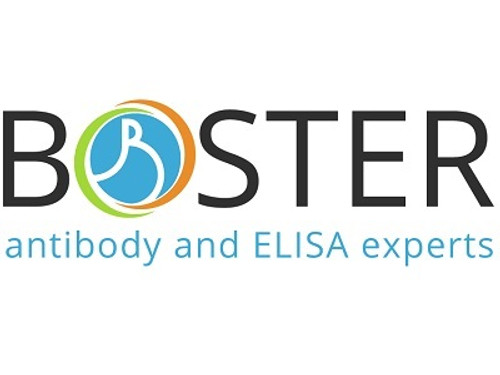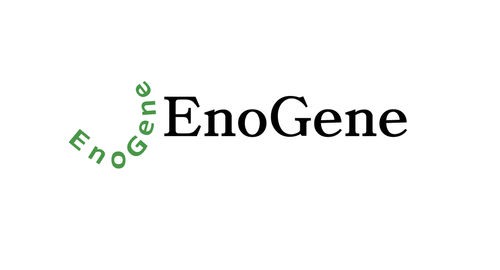Product Description
CDC45L Antibody | 64-163 | ProSci
Host: Rabbit
Reactivity: Human
Homology: N/A
Immunogen: This CDC45L antibody is generated from rabbits immunized with a KLH conjugated synthetic peptide between 236-263 amino acids from the Central region of human CDC45L.
Research Area: Cell Cycle
Tested Application: WB, IHC-P, Flow
Application: For WB starting dilution is: 1:1000
For IHC-P starting dilution is: 1:50~100
For FACS starting dilution is: 1:10~50
Specificiy: N/A
Positive Control 1: N/A
Positive Control 2: N/A
Positive Control 3: N/A
Positive Control 4: N/A
Positive Control 5: N/A
Positive Control 6: N/A
Molecular Weight: 66 kDa
Validation: N/A
Isoform: N/A
Purification: This antibody is purified through a protein A column, followed by peptide affinity purification.
Clonality: Polyclonal
Clone: N/A
Isotype: Rabbit Ig
Conjugate: Unconjugated
Physical State: Liquid
Buffer: Supplied in PBS with 0.09% (W/V) sodium azide.
Concentration: batch dependent
Storage Condition: Store at 4˚C for three months and -20˚C, stable for up to one year. As with all antibodies care should be taken to avoid repeated freeze thaw cycles. Antibodies should not be exposed to prolonged high temperatures.
Alternate Name: Cell division control protein 45 homolog, PORC-PI-1, CDC45, CDC45L, CDC45L2
User Note: Optimal dilutions for each application to be determined by the researcher.
BACKGROUND: The protein encoded by this gene was identified by its strong similarity with Saccharomyces cerevisiae Cdc45, an essential protein required to the initiation of DNA replication. Cdc45 is a member of the highly conserved multiprotein complex including Cdc6/Cdc18, the minichromosome maintenance proteins (MCMs) and DNA polymerase, which is important for early steps of DNA replication in eukaryotes. This protein has been shown to interact with MCM7 and DNA polymerase alpha. Studies of the similar gene in Xenopus suggested that this protein play a pivotal role in the loading of DNA polymerase alpha onto chromatin. Multiple polyadenlyation sites of this gene are reported.
 Euro
Euro
 USD
USD
 British Pound
British Pound
 NULL
NULL












